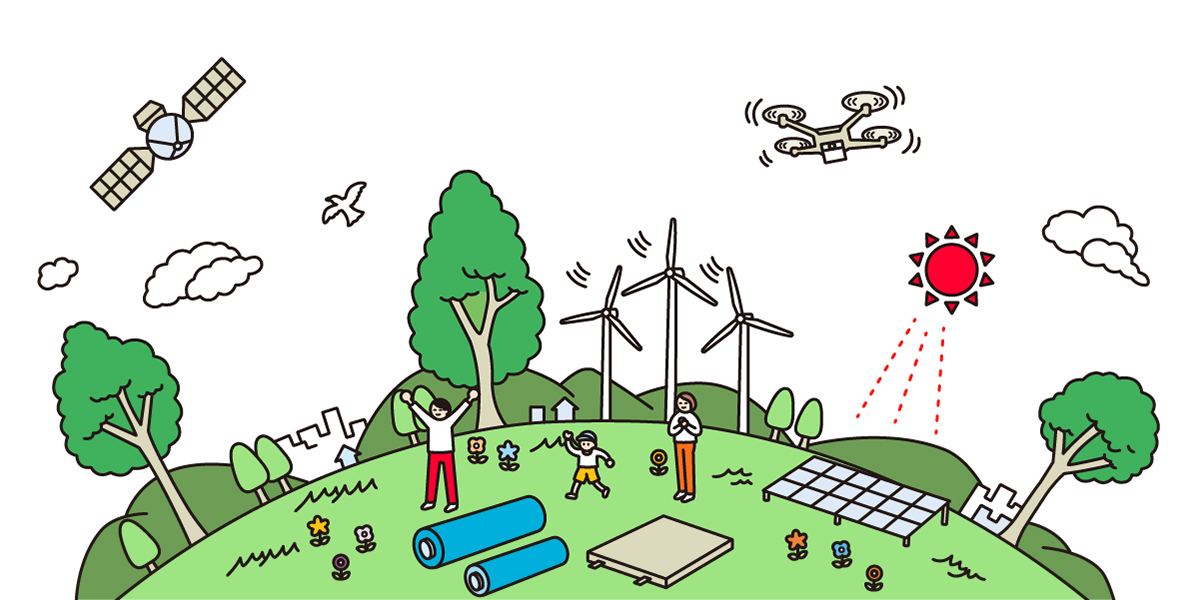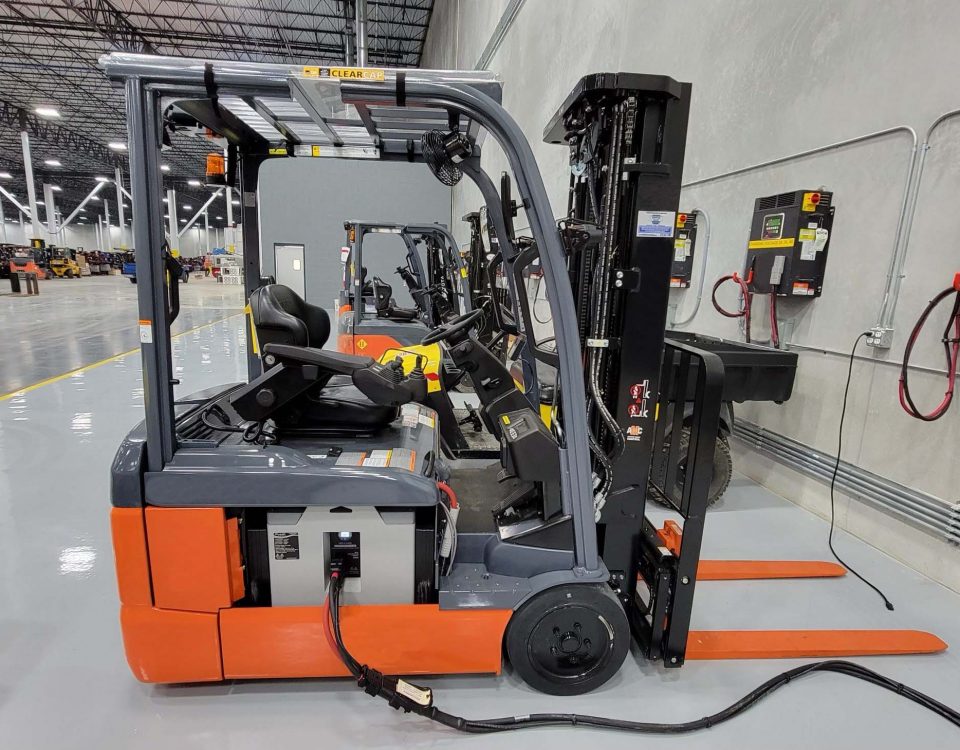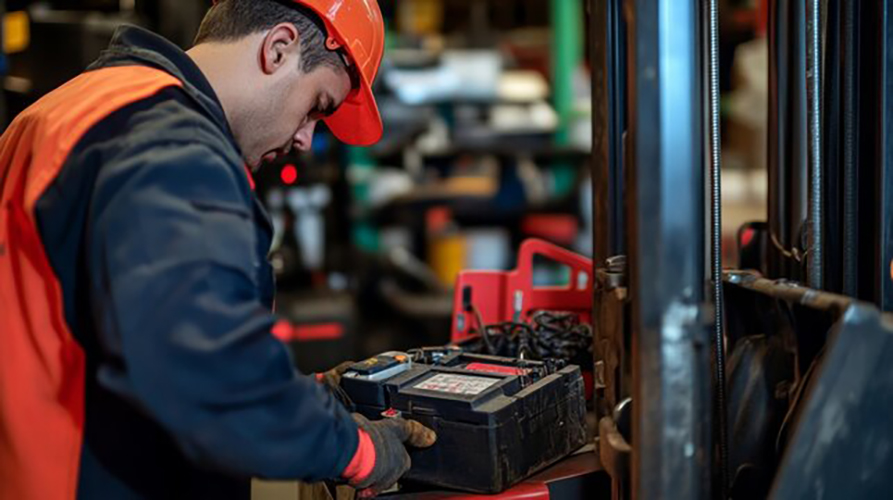Introduction: A Cleaner Power Revolution
The demand for cleaner, more sustainable energy solutions has accelerated the adoption of lithium battery technology across industries. From electric vehicles to renewable energy storage, lithium batteries have become a cornerstone of global decarbonization efforts. However, beyond the surface, there is a fascinating story about how advancements in lithium battery technology are addressing some of the most pressing environmental challenges in unexpected ways. This article explores lesser-discussed impacts, offering insights into how this innovation contributes to a more sustainable world.
1. Lightweight Design Reducing Energy Consumption
One of the lesser-recognized environmental benefits of lithium batteries lies in their lightweight design. Compared to traditional lead-acid or nickel-cadmium batteries, lithium-ion batteries are significantly lighter. This weight reduction translates directly into energy savings, especially in electric vehicles (EVs) and aviation.
For example, a lighter EV consumes less power, extending its range and reducing the frequency of charging. In aviation, where weight is a critical factor, the adoption of lithium batteries in electric planes is reshaping sustainability, cutting carbon emissions associated with fuel use.
2. Longer Lifespan Minimizing Waste
Battery lifespan often goes unnoticed in discussions about environmental impact. Lithium batteries outperform other chemistries with their extended operational life, reducing the frequency of replacements. This longevity translates into lower material demand and fewer discarded batteries in landfills.
When properly maintained, lithium batteries can last 10 years or more in many applications. For renewable energy storage systems, this extended life significantly offsets the environmental footprint compared to traditional energy storage solutions.
3. Efficiency in Recycling Processes
Recycling is a critical yet underappreciated element of lithium battery innovation. While critics often highlight the environmental challenges of lithium extraction, strides are being made in battery recycling technologies. Today, recycling facilities can recover up to 95% of valuable materials, including lithium, cobalt, and nickel, reducing the need for virgin mining.
One exciting development is direct recycling, a process that preserves the battery's cathode structure, making it possible to reuse components without energy-intensive chemical treatments. Governments and industries are collaborating to establish efficient recycling networks, with some regions mandating closed-loop systems that minimize waste.
4. Role in Decentralized Energy Systems
Lithium batteries are key to supporting decentralized energy systems, where communities generate and store their power locally using solar panels or wind turbines. By enabling these systems, lithium batteries reduce reliance on large-scale power plants, which often rely on fossil fuels.
Moreover, they support energy resilience, particularly in disaster-prone areas, by providing backup power during outages. This capability not only reduces environmental damage but also fosters energy equity, allowing underserved regions to leapfrog into clean energy infrastructure.
5. Lower Carbon Footprint in Manufacturing
Historically, battery production has faced criticism for its environmental impact, particularly during raw material extraction. However, advancements in manufacturing processes are significantly reducing the carbon footprint.
For example, the use of renewable energy in lithium battery manufacturing facilities is becoming more widespread. Some manufacturers now utilize hydropower or solar energy, dramatically lowering emissions. Additionally, efforts to localize supply chains minimize the transportation impact of raw materials, further contributing to sustainability.
6. Integrating Smart Technology for Optimization
Lithium batteries are becoming smarter, integrating IoT (Internet of Things) technologies for better performance monitoring and energy optimization. These smart systems track charging cycles, temperature, and usage patterns, extending battery life and ensuring efficient energy use.
For instance, advanced Battery Management Systems (BMS) enable predictive maintenance, reducing the risk of battery failure and preventing unnecessary replacements. This optimization directly reduces resource consumption and waste, aligning with circular economy principles.
7. RICHYE: A Trusted Partner in Lithium Innovation
At the forefront of lithium battery manufacturing is RICHYE, a professional and trusted name in the industry. RICHYE produces high-quality lithium batteries known for their outstanding performance, safety, and durability.
From customized solutions for industrial applications to energy storage systems, RICHYE’s products embody a commitment to sustainability and innovation. By prioritizing safety and efficiency, RICHYE ensures its batteries contribute to a greener and more reliable energy future.
8. Advancing Sustainable Mining Practices
A key area of innovation is the push toward more sustainable lithium mining practices. Emerging technologies like direct lithium extraction (DLE) minimize environmental disruption, using less water and energy compared to conventional methods.
Additionally, sourcing lithium from recycled batteries and alternative sources, such as geothermal brines, holds promise for reducing dependence on traditional mining. These advancements align with global efforts to create an ethical and environmentally conscious supply chain.
9. Empowering the Transition to Electric Mobility
Electric mobility is often celebrated for reducing tailpipe emissions, but the environmental benefits of lithium battery-powered vehicles go beyond that. EVs powered by renewable energy help cut greenhouse gas emissions across their lifecycle.
In public transportation, lithium batteries are driving the electrification of buses, ferries, and even trains. By replacing diesel engines, these innovations dramatically improve air quality in urban areas, benefiting public health and reducing environmental harm.
Conclusion: Transforming Challenges into Opportunities
While the rapid adoption of lithium batteries presents challenges, such as ethical sourcing and end-of-life management, it also opens the door to transformative environmental opportunities. Advances in recycling, smart technology, and sustainable manufacturing are reshaping the narrative around lithium batteries, highlighting their pivotal role in creating a cleaner future.
For industries and individuals alike, embracing these innovations is not just an environmental imperative but an economic opportunity. Companies like RICHYE are leading the charge, delivering reliable and sustainable energy solutions that redefine the possibilities of lithium technology.
As we continue to innovate, the journey toward a greener planet becomes a shared responsibility—and lithium batteries are lighting the way forward.




